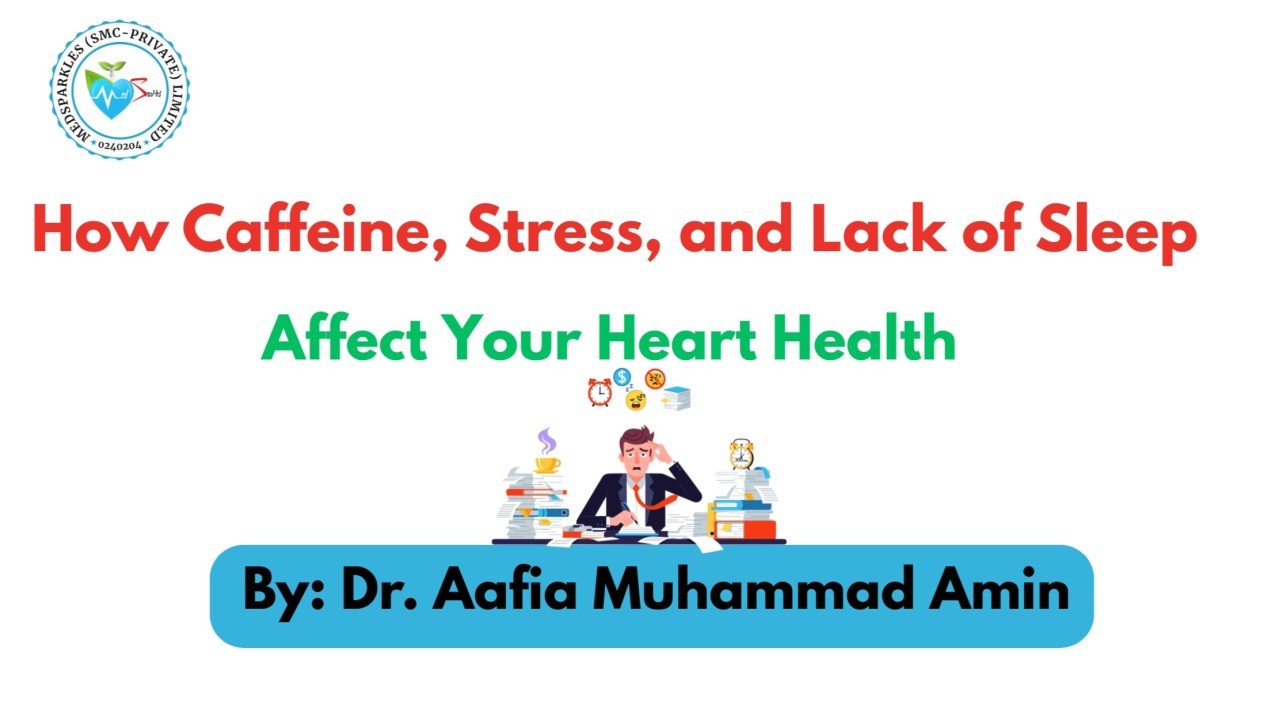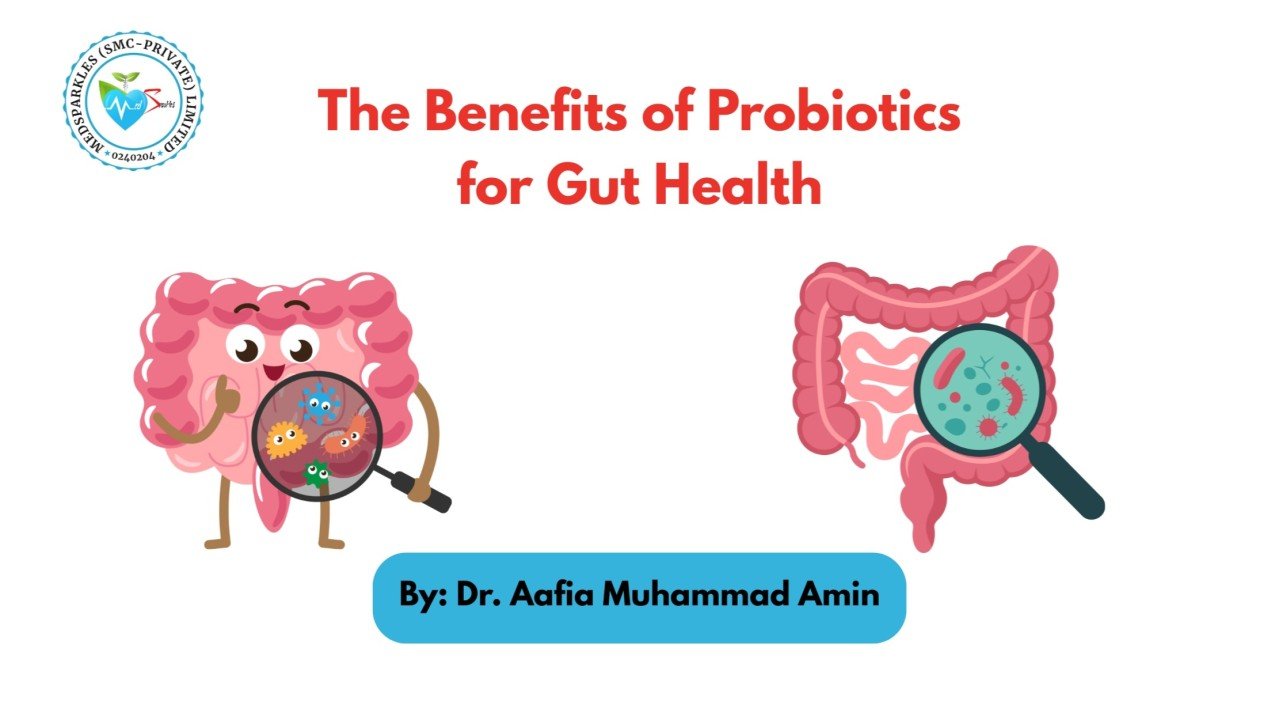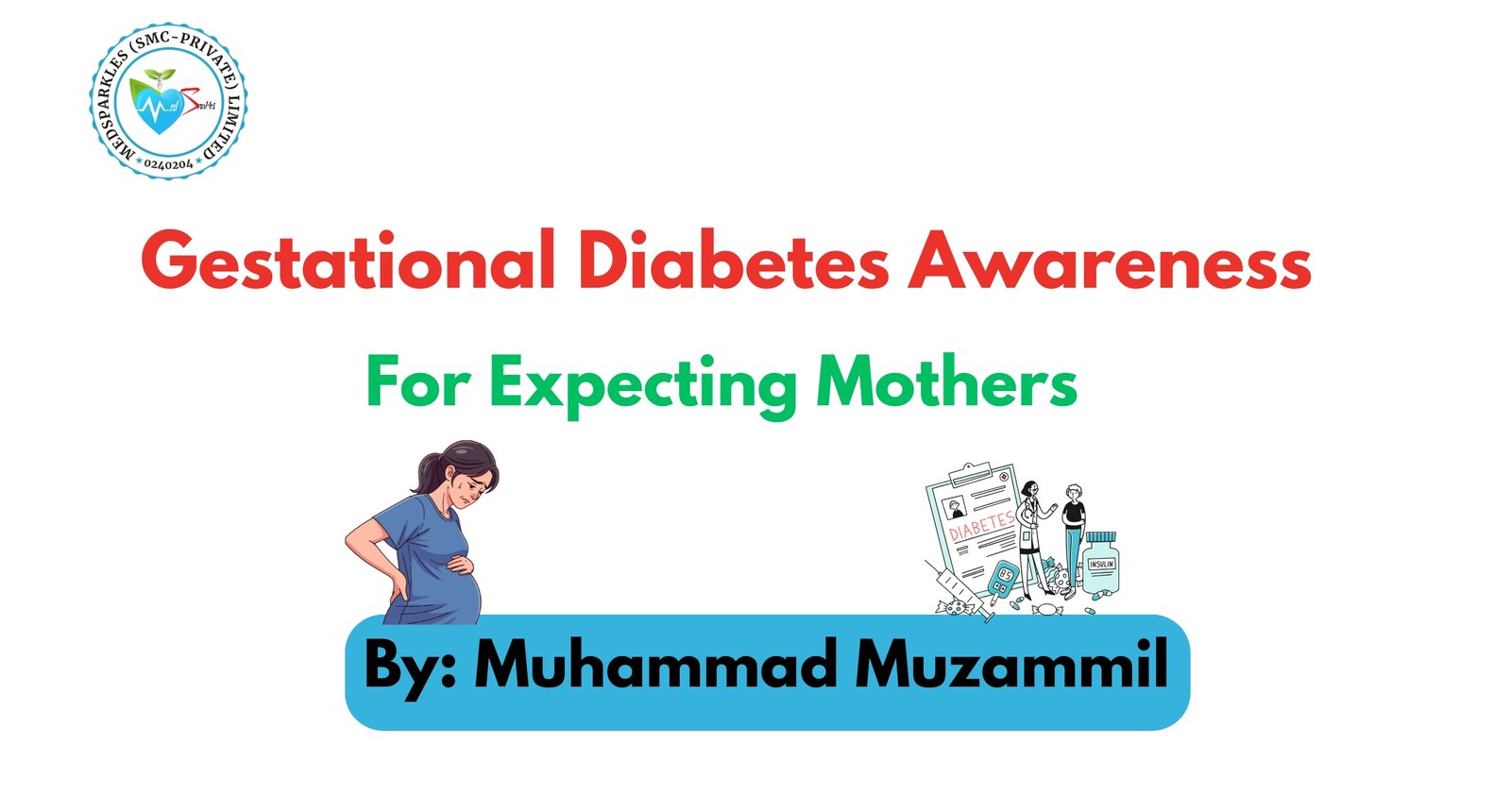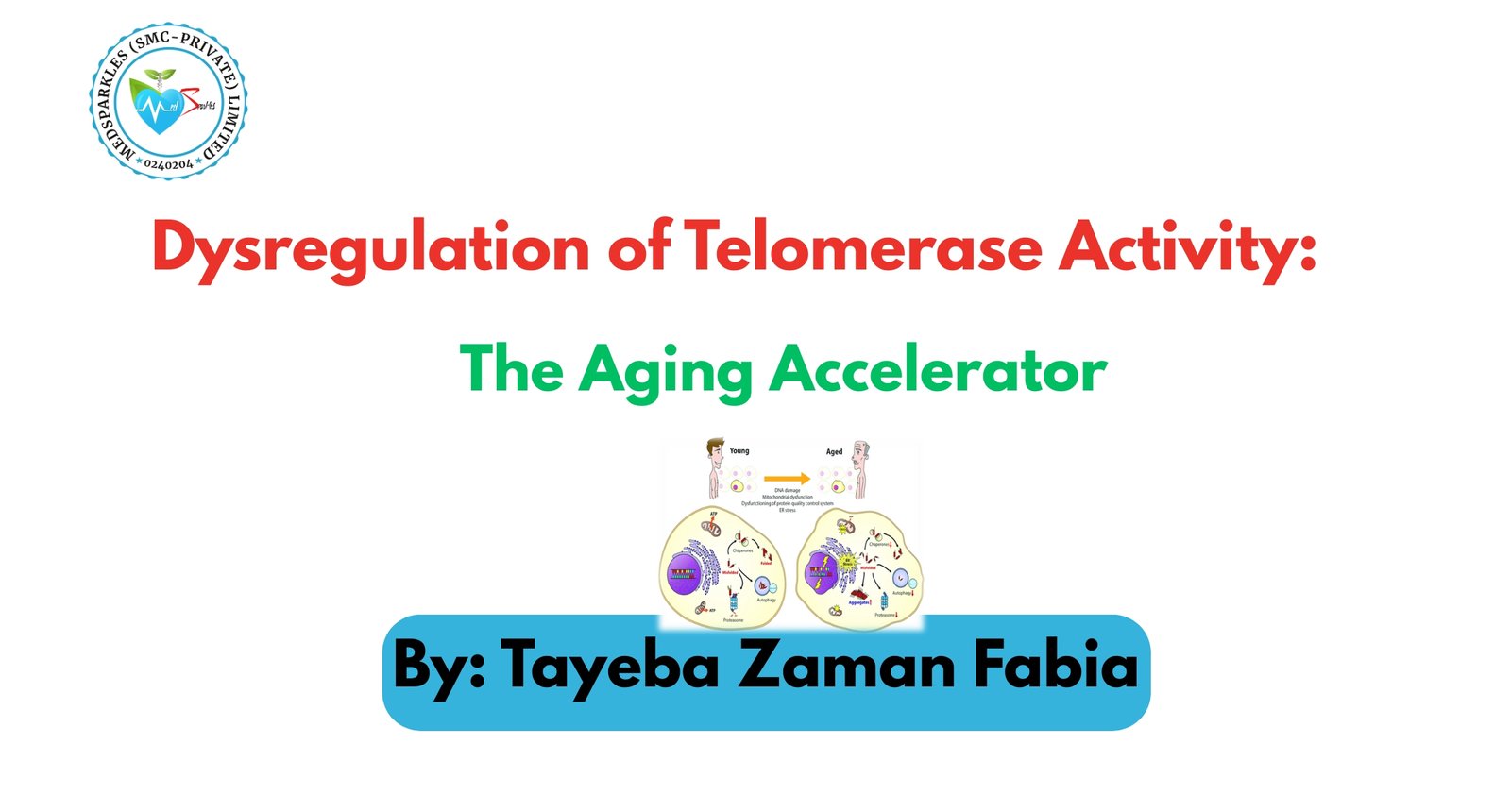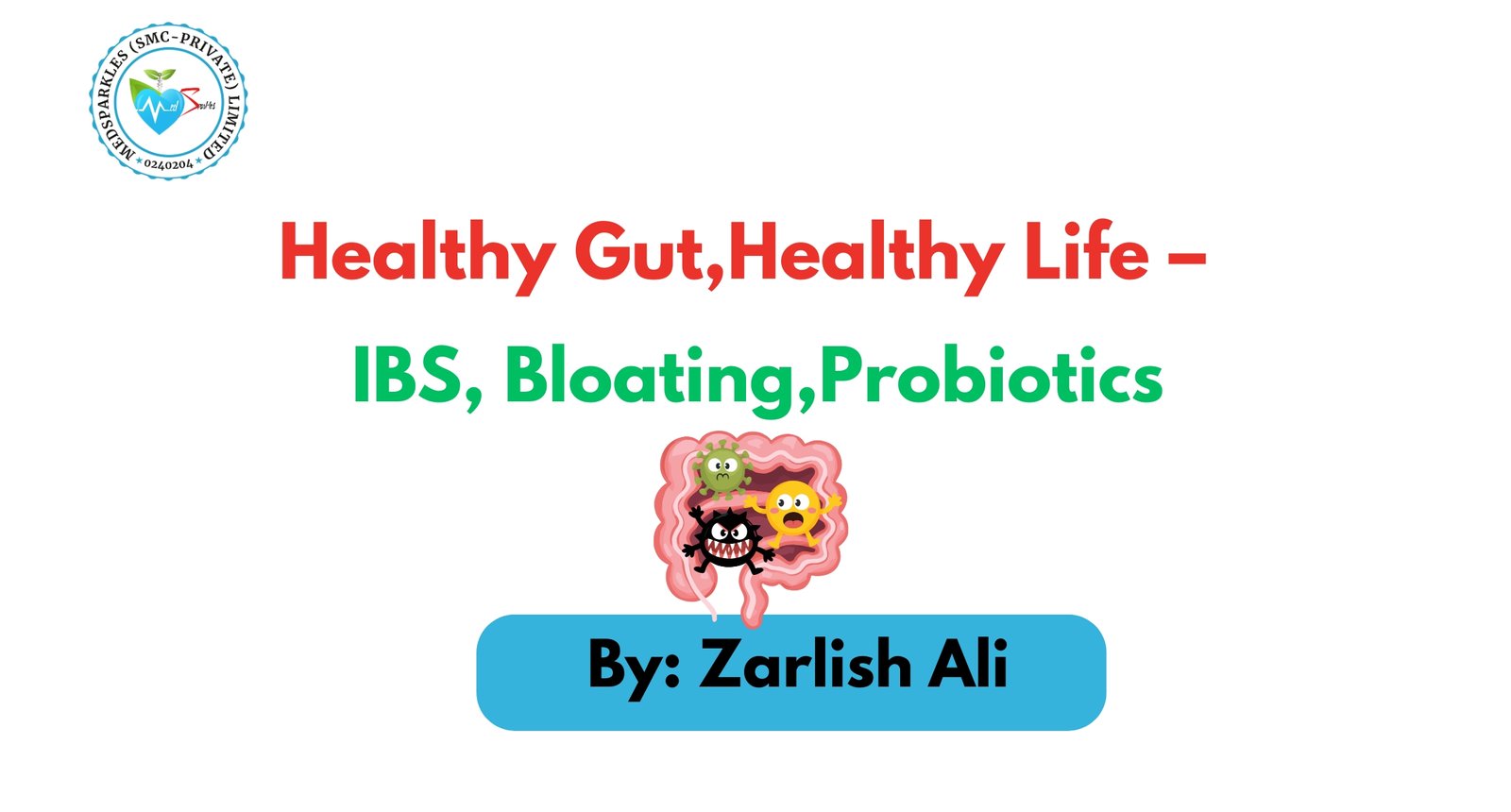
Healthy living and healthy living style are goal for many but necessary for all but the journey towards achieving this goal is mostly hindered by misinformation and negligence. One of the main root causes for this misinformation is a “myth”. Prevailing myths related to healthy living often results in harm and ineffective practices.
INTRODUCTION
Healthy living is the basic right for all the living creatures. But in our society there are some factors that deprive a person from this right and myths are one of them. Although there are many parameters to compare the health standards but there is no hard and fast rule for everyone. Each and every one has unique physiology and their requirements for a healthy living style may differ from others.
Let’s uncover the most common myths related to healthy living.
Myth 1: CARBS ARE BAD FOR YOU
One of the most common and pervasive myths about healthy living is that carbohydrates are very bad for health and this concept is widely observed by many people due to misinformation or totally lack of it. As a result almost everybody tries to adopt keto diet because now days this concept is very trendy especially in youngster.

But the truth has some other facts to uncover because not all carbs are created equal. It is never about the high or low carbs it is about the correct ration that a normal body needs.
For example simple carbs in snacks and processed foods can spike the blood sugar level while the complex carbs in whole grains are essential for healthy living
Research facts: A study published in the Lancet Public Health journal found that moderate carbohydrate consumption (50-55% of daily calories) is associated with lower mortality rates than very low-carb or high-carb diets.
Myth 2: 8 GLASS OF WATER DAILY
“8 GLASS OF WATER A DAY” rule is a guideline and not a hard and fast rule for everyone to maintain a healthy living. Hydration of a human body depends on age, activity level and climate. The best way to ensure hydration is to evaluate your body and urine color on daily basis.

Research facts: According to the National Academies of Sciences, Engineering, and Medicine, men need about 3.7 liters of fluids daily, while women require about 2.7 liters, including water from foods and beverages
Myth 3: EATING FAT LEADS TO WEIGHT GAIN
Another common myth about living is that taking fat will directly increase your weight but the fact is that your different body parts need different proportion of healthy fact because fat is a vital macronutrient.
But if a person is consuming excessive fat in wrong proportion and not maintain physical activity then this fat intake will eventually contribute in weight gain.
Research facts: A meta-analysis in the Journal of the American Medical Association (JAMA) highlighted that diets rich in unsaturated fats can help reduce the risk of heart disease and promote weight management.
Myth 4: DETOX DIET CLEANSE YOUR BODY
Now a days detox diets are very popular among people and these products are markets as shortcuts to better health. But the fact is human body has its own natural detoxifying system mostly through kidneys and liver.
Research facts: The National Center for Complementary and Integrative Health states that there is little evidence supporting the effectiveness of detox diets, and some may even be harmful if they cause nutrient deficiencies.
Myth 5: NEED TO EXERCISE FOR HOURS DAILY
It is a common myth that a human body needs excessive physical workouts to stay fit. Usually this type of exercise results in burnout or injury.

Different people have different areas for fat deposition and thus they require a proper way of exercise for a defined time period.
Research facts: The American Heart Association recommends 150 minutes of moderate aerobic activity or 75 minutes of vigorous activity per week for optimal health, which can be achieved through shorter, consistent sessions.
CONCLUSION
Factors for healthy living are not same for all. So ignoring your body needs and depending on others diet plans can be very dangerous.
Although all human bodies need same nutrients but the fact is: they need them in different proportions for healthy living according to their body type, age and metabolic activity. So before believing in any trending myth, always tries to evaluate your body needs and facts about that trend or myth.
FAQs About Healthy Living
Q1: Are low-carb diets the best for weight loss? Not necessarily. While low-carb diets may lead to initial weight loss, balanced diets rich in complex carbs and other nutrients are more sustainable.
Q2: Is it safe to skip meals to reduce calorie intake? Skipping meals can lead to overeating later. Instead, focus on balanced meals with appropriate portion sizes.
Q3: Can I rely solely on supplements for nutrition? No, supplements are meant to complement a healthy diet, not replace whole foods.
Q4: Does eating after 8 PM cause weight gain? Weight gain is determined by overall calorie intake and expenditure, not the time of eating.
Q5: Is organic food always healthier? Organic foods may have fewer pesticides, but they are not necessarily more nutritious than conventionally grown foods.


